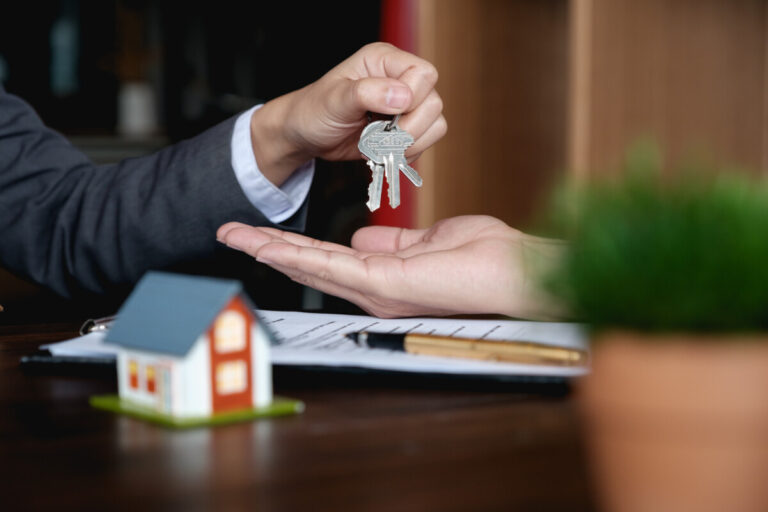
Owning a home is a significant investment, and preserving its value requires proactive maintenance and care. As a homeowner, you have the power to protect your property from deterioration, ensure its longevity, and maintain its market value over time. By implementing a regular home maintenance routine, you can take control of your home’s future. Here are five essential home maintenance tips to help you safeguard your investment and keep your home in top condition.
- Regular Roof Inspections and Repairs: Your home’s roof is its first line of defense against the elements, so keeping it in good condition is crucial. Schedule regular roof inspections, ideally twice a year, to check for signs of damage, such as missing shingles, leaks, or sagging areas. Promptly address any issues by hiring a professional roofer to perform repairs or replacements. Maintaining your roof in good repair can prevent water damage and structural problems that can significantly impact your home’s value.
- Exterior Maintenance: Your home’s exterior is exposed to harsh weather conditions and environmental factors, making regular maintenance essential. Clean your siding, trim, and windows annually to remove dirt, mold, and mildew buildup. Inspect your home’s exterior for cracks, gaps, or signs of water intrusion, and seal any openings to prevent moisture damage. Additionally, trim overgrown vegetation and trees away from your home to minimize the risk of damage from falling branches or roots.
- HVAC System Maintenance: Your heating, ventilation, and air conditioning (HVAC) system plays a crucial role in maintaining comfort and indoor air quality in your home. Schedule annual maintenance appointments with a qualified HVAC technician to ensure optimal performance and energy efficiency. During these appointments, your technician will clean and inspect your system, replace filters, and address any issues or malfunctions. Regular HVAC maintenance not only extends the lifespan of your equipment but also helps maintain your home’s value by ensuring efficient heating and cooling systems.
- Plumbing Maintenance: A well-maintained plumbing system is essential for preventing water damage and costly repairs in your home. Inspect your plumbing fixtures, including faucets, toilets, and pipes, regularly for leaks, drips, or signs of corrosion. Address any leaks promptly to prevent water damage and mold growth. Additionally, consider scheduling a professional plumbing inspection annually to check for hidden leaks, water pressure issues, or potential plumbing failures. Maintaining your plumbing system in good condition can protect your home’s value and avoid costly repairs.
- Regular Interior Updates and Repairs: Maintaining the interior of your home is just as important as maintaining the exterior. Keep your home’s interior fresh and updated by periodically painting walls, replacing worn flooring, and updating outdated fixtures and appliances. Address minor repairs and maintenance tasks promptly to prevent them from escalating into more significant issues. Regularly inspect your home’s interior for signs of wear and tear, such as peeling paint, cracked tiles, or malfunctioning appliances, and take proactive measures to address them.
In conclusion, proactive home maintenance is essential for preserving your home’s value and longevity. By implementing a regular maintenance routine that includes roof inspections, exterior maintenance, HVAC system maintenance, plumbing maintenance, and interior updates and repairs, you can protect your investment and enjoy a comfortable and well-maintained home for years. Remember to schedule regular maintenance tasks and address any issues promptly to prevent them from escalating into costly repairs.










































